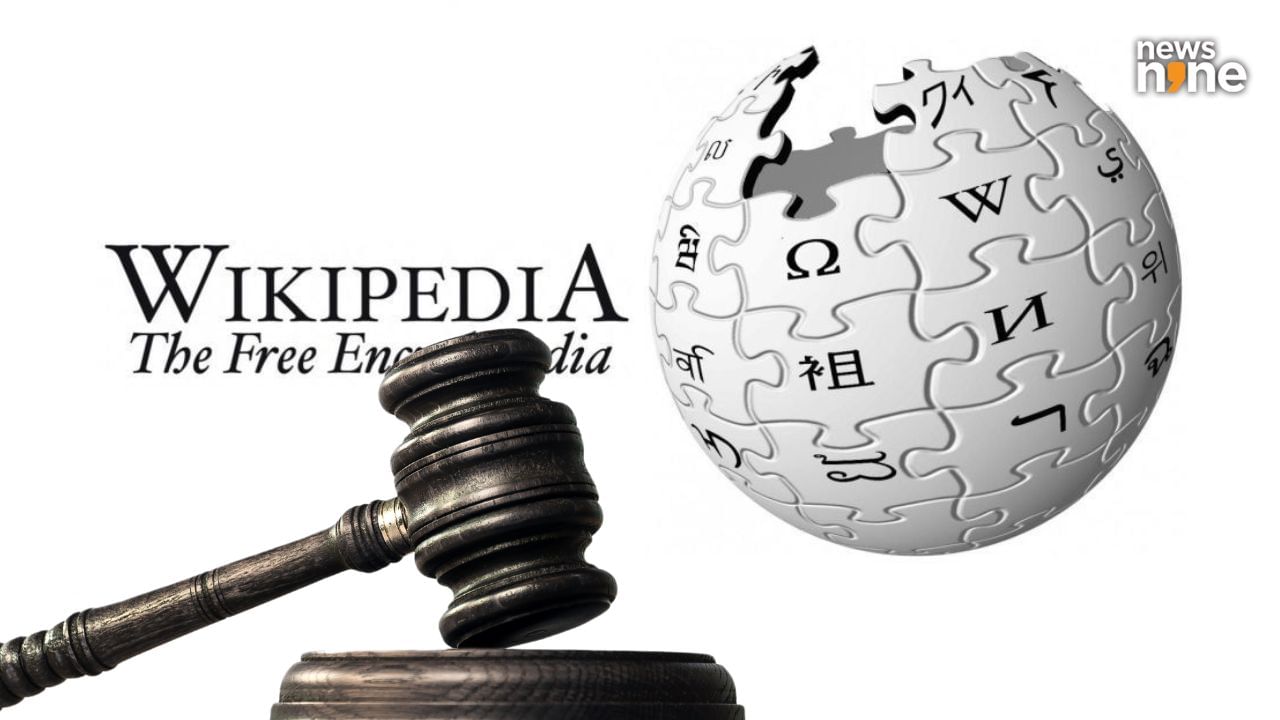New Delhi: Wikipedia is becoming more active now that artificial intelligence firms are drawing freely on its vast library of human knowledge. The site operator, the Wikimedia Foundation, is now urging AI developers to use its contents “responsibly”. This means ensuring proper credit and paying for large-scale access through Wikimedia Enterprise, its premium data source. The non-profit foundation says this paid source helps out the AI firms to use its knowledge efficiently, without straining that server, as well as supporting the foundation’s commitment to keeping knowledge free and reliable for all.
The warning came after a rise in automated scraping of Web sites by AI bots, which simulated human traffic. Following a crackdown on these systems, Wikipedia registered a decline of some 8% in “human page views” year-over-year, a troubling trend for a site that depends on volunteer editors and donations from readers. While it stopped short of any threat of legal action, the Foundation made its views clear: the AI companies must be respectful of attribution and transparency or run the risk of compromising public trust in the information they can obtain online.
Wikimedia’s message to AI
In a new blog post, the Foundation reminded AI companies that its data isn’t a free-for-all. It expects clear credit to human editors and links that guide users back to original Wikipedia pages. The move underscores growing tension between open web platforms and commercial AI models that depend on free data to train their systems.
Wikimedia Foundation announced an AI strategy intended to support (not replace) the community of editors. This plan is to use AI to help with translations, moderation and repetitive tasks, while making sure that human decision-making is central to its editorial content. The take-away for Wikipedia is that technology can help, but human knowledge and human transparency will remain the basis.
